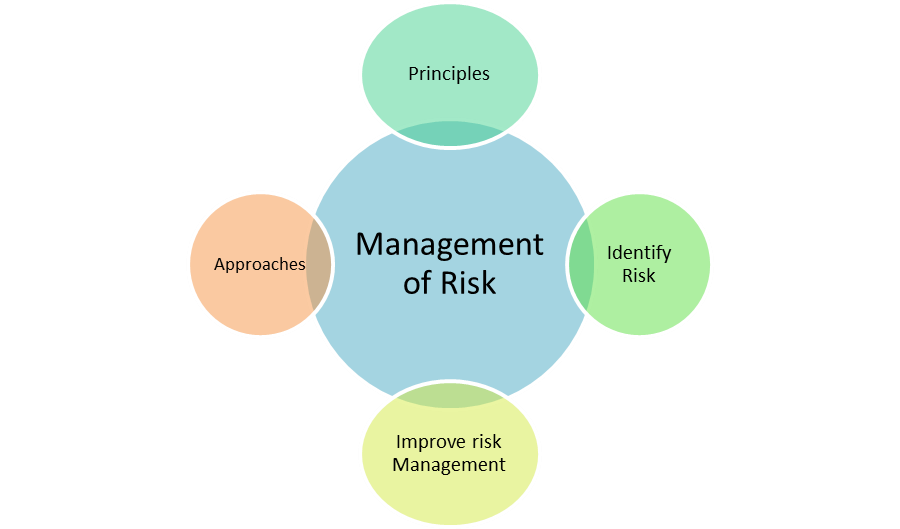Nottingham
Nottingham city is located in England and 128 miles north of London. As part of Queen Victoria’s Diamond Jubilee celebration, Nottingham gained its city charter. This town has links with legend of Robin Hood and lace making, tobacco and bicycle industries. Nottingham is a famous tourist destination. Visitors spend a significant amount of money. In 2015, the population of this city was 321,550. The metropolitan economy is the seventh largest in United Kingdom with GDP of $50.9 billion. Globalisation and World Cities Research Network ranked it as a Sufficiency-level world city. Nottingham is a major sporting centre and named as ‘Home of England Sport’ in October 2015. Various traditional centres like National Ice Centre, Trent Bridge and Holme Pierrepont National Watersports Centre are located in Nottingham. It is also a home for two professional football teams. The city has professional ice hockey, rugby, cricket teams and international tennis tournament for WTA and ATP tours.
UNESCO named the Nottingham “City of Literature” on December 11, 2015. Including Norwich, Prague, Melbourne and Barcelona. This title demonstrates rich literary heritage of Nottingham. Nottingham has two universities named Nottingham Trent University and the University of Nottingham. The University of Nottingham has almost 70,610 students. Around 43,765 students are at Nottingham Trent University.
History
Electric trams started in Nottingham in the year 1901. Nottingham Council began building houses in 1920’s and 1930’s. Many houses have been constructed in new estates in the north of the city. In 1948 Nottingham University was founded. Nottingham developed rapidly in the 20th century. In late 20th century, main industries of Nottingham was tobacco, bicycles, textiles, printing and pharmaceuticals. Today the population of Nottingham is 305,000.
Economy
Nottingham city council announced that s part of the economic strategy of the city. Target sectors include life sciences, financial, business services, low carbon technologies, retail and leisure services.
Nottingham is a home to various companies headquarters. Companies include Pedigree, American clothing VF cooperation, Chinese made automobiles, Chinook Sciences and much more. Nottingham is also the home to Nottingham Building Society that was established in 1849. Other companies include Driving Standards Agency, BBC East Midlands, Government office for East Midlands and HM Revenue and Customs.
In 2005, Nottingham was made one of six science cities of UK. Now Cycle Manufacturing is a major industry in Nottingham. It is also a host to UK’s first and only local authority-owned. In 2015, Nottingham was ranked in top 10 UK cities for job growth. Various new companies started in Nottingham in 2014/2015 than any other city of UK.

 ENQUIRE
ENQUIRE
 REQUEST CALLBACK
REQUEST CALLBACK
 GET A FREE QUOTE
GET A FREE QUOTE


 Introduction
Introduction Course Details
Course Details Course Content
Course Content






 London
London